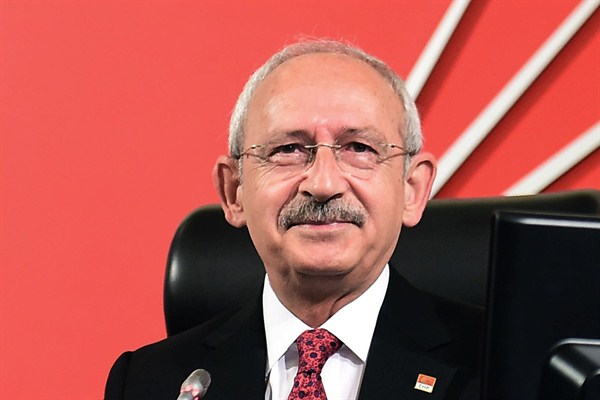Among the many questions left unanswered by the surprise results of Turkey’s recent parliamentary elections are whether and how the country’s foreign policy will change now that the ruling Justice and Development Party (AKP) has lost its ability to single-handedly control the legislature.
On June 7, Turkish voters delivered a stunning blow to the AKP and its founder, President Recep Tayyip Erdogan. After having handed him more than a decade of landslide victories, voters denied Erdogan the two-thirds supermajority that would have opened the way for the AKP to rewrite the constitution without submitting it to a referendum, making Erdogan the most powerful president in modern Turkish history in the process.
Voters, in fact, did more than thwart Erdogan’s personal political ambitions. In a body-blow to the party that has dominated Turkey’s political life for more than a dozen years, the Turks denied the AKP even a simple majority, giving it only 258 seats, less than 41 percent. Just as the 2002 elections that swept the AKP to power transformed the country and its place in the world, the latest election has the potential to bring wide-ranging changes.

